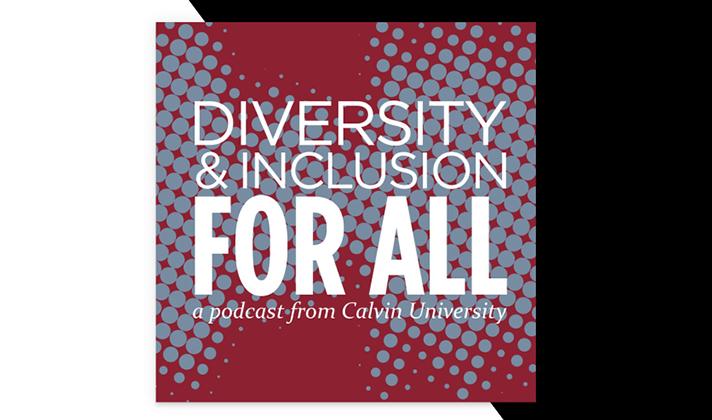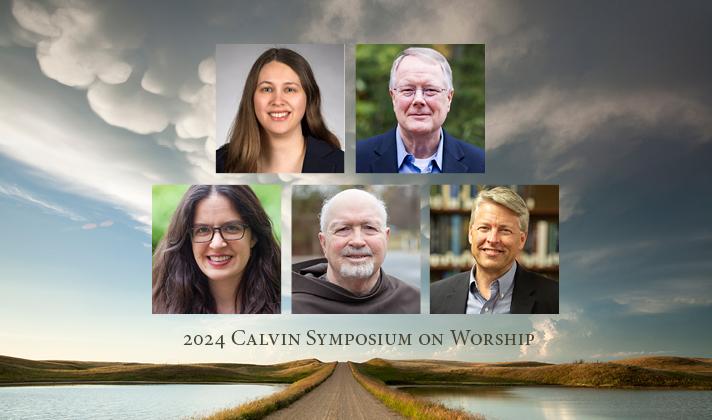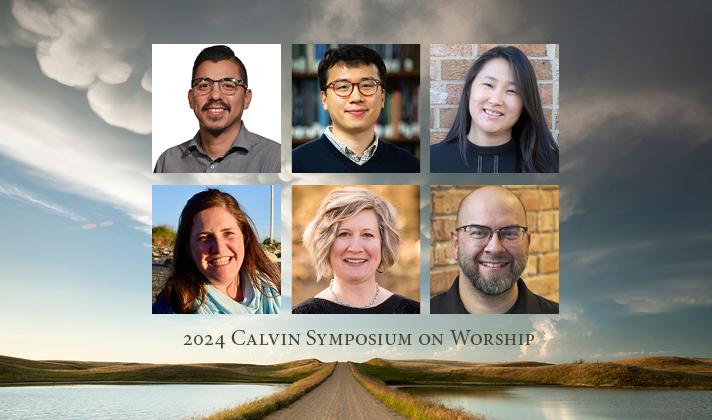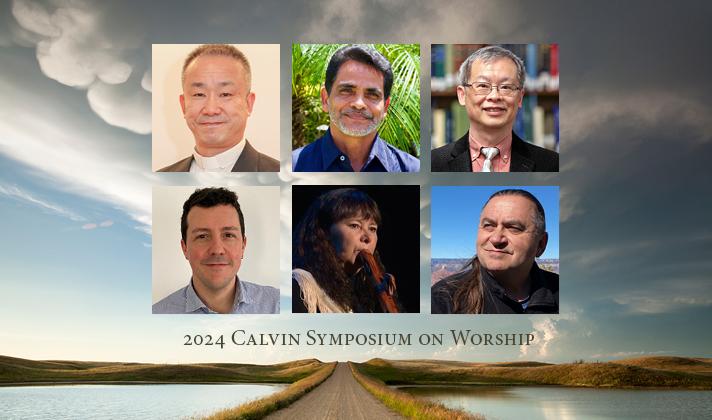Jesus reminds us that what is true about a person’s physical eyes is also true about the eyes of her heart—her “spiritual eyes,” so to speak. Our Lord declares: “If your eyes are good, your whole body will be full of light. But if your eyes are bad, your whole body will be full of darkness.”
Jesus’ next words, sad and chillingly grim, are: “If then the light within you is darkness, how great is that darkness!” (Matthew 6.23)
Spiritual Blindness
Spiritual blindness can take so many sinister and devious forms. Succumbing to it is an ever-present threat. It caused his disciples, overcome by sloth, drowsily to fail to minister to Jesus’ agony of spirit in the Olivet garden. It drove Judas, driven by base greed, to betray his Lord with a kiss. It led Peter, prompted by fear, adamantly to deny his Lord in the judgment hall. It led Caiaphas, insanely jealous, to pass cheap judgment on Jesus and, with a brush of his hand, to send him off to Pilate. It led Pilate, paralyzed by fear, to sentence the Son of God to death.
None of us—not a single one—ought foolishly to assume that he or she is immune to this crippling—no, lethal—spiritual disease. Reflecting on the man born blind whom Jesus healed (cf. John 9), Pope Benedict XVI adds this insightful comment:
“Jesus reveals to the blind man…that he had come into the world for judgment, to separate the blind who can be healed from those who do not allow themselves to be healed because they consider themselves to be healthy. Indeed, the temptation to build himself an ideological security system is strong in man; even religion can become an element of this system, as can atheism or secularism, but in letting this happen, one is blinded by one’s own selfishness.”
Three Facts
One virulent form of spiritual blindness nowadays is our human tendency blithely to disregard three, inter-related, incontrovertible facts which are true about every human being: 1. One’s life on earth is brief 2. One’s death is certain, final, and soon to come. 3. One’s destiny after death is everlasting.
Stratonicus once said about the ancient Rhodians: “They built houses as if they were immortal, but they feasted as if they were meant to live but a little while.” The spiritual sight of people nowadays, so it seems, is no keener than that of those near-sighted—foolishly blind—Rhodians. It’s not for nothing that Jesus preceded his stark statement about the danger of spiritual blindness with a bracing warning: “Do not store up for yourselves treasures on earth,….But store up for yourselves treasures in heaven….For where your treasure is, there will your heart be also.” (Matthew 6.19ff)
Healthy Spiritual Eyes
But those who do pay careful attention to the above certitudes—who keep them clearly before the eyes of their soul—are wise. And the act of refocusing one’s spiritual eyes must happen again and again—certainly not less than every day. It is a way to stay “photo-sensitive to Jesus,” as a radio pastor put it recently— magnetically attracted, in love, to the One who is “the Light of the world.” Lent is an especially important season to do so, a necessary step to prepare for a rendezvous with our dying Savior at Calvary, and for meeting him again at the empty tomb in Joseph’s garden after his rising in triumph over death.
Healthy spiritual eyes take delight in seeing and beholding with wonder the Crucified and Risen One. Doing so, they’re doing what they were meant to do—to adore and worship him. Again Benedict:
“Contemplating the crucified One with the eyes of faith, we can understand in depth what sin is, how tragic is its gravity, and at the same time, how immense is the Lord’s power of forgiveness and mercy. ….Looking at Christ, we feel at the same time looked at by him. He whom we have pierced with our faults never tires of pouring out upon the world an inexhaustible torrent of merciful love.”
Thus, the Pope’s heartfelt plea to people of our generation upon whom the malaise of spiritual blindness hangs so frighteningly heavy and puts us in deep peril:
“Dear brothers and sisters, let us allow ourselves to be healed by Jesus, who can and wants to give us God’s light!”
Theological Reflection
“In nature, we see God, as it were, like the sun in a picture; …in Christ we see Him in His beams; He being ‘the brightness of His glory, and the exact image of His person.'"
(Stephen Charnock, 1628-1680)
Prayer
O Jesus, ever with us stay;
make all our moments calm and bright.
Chase the dark night of sin away;
Shed o’er the world thy holy light.






